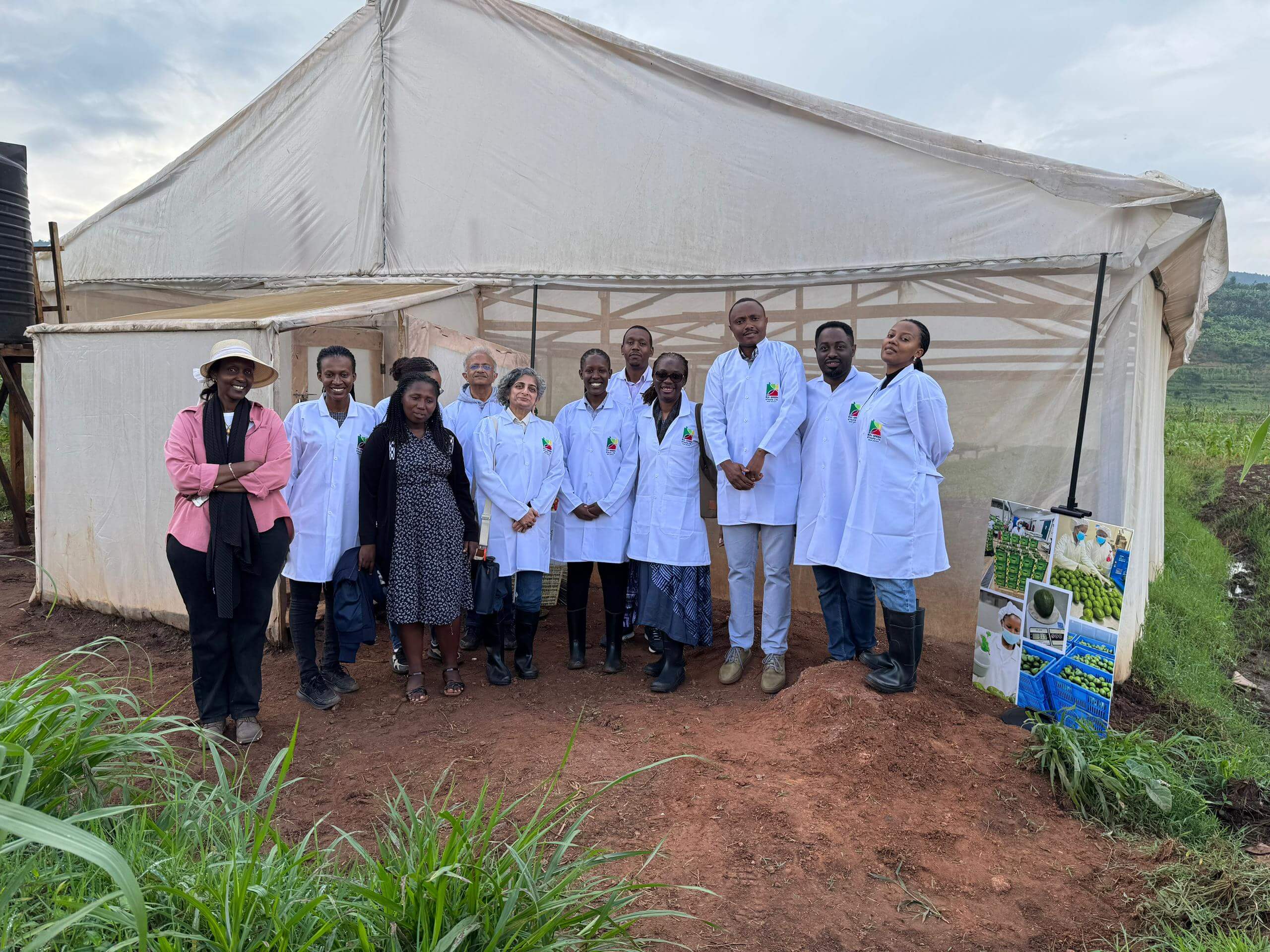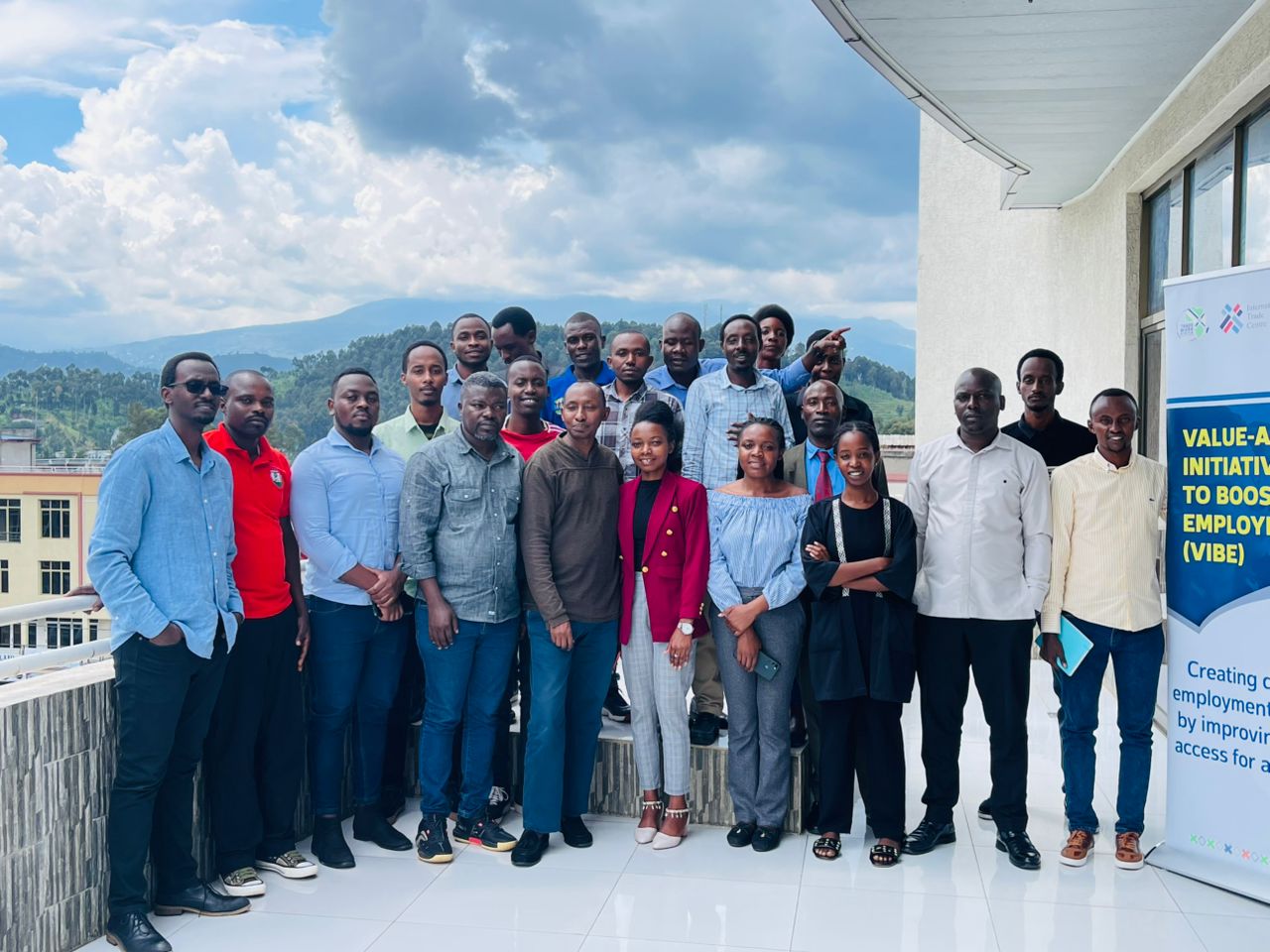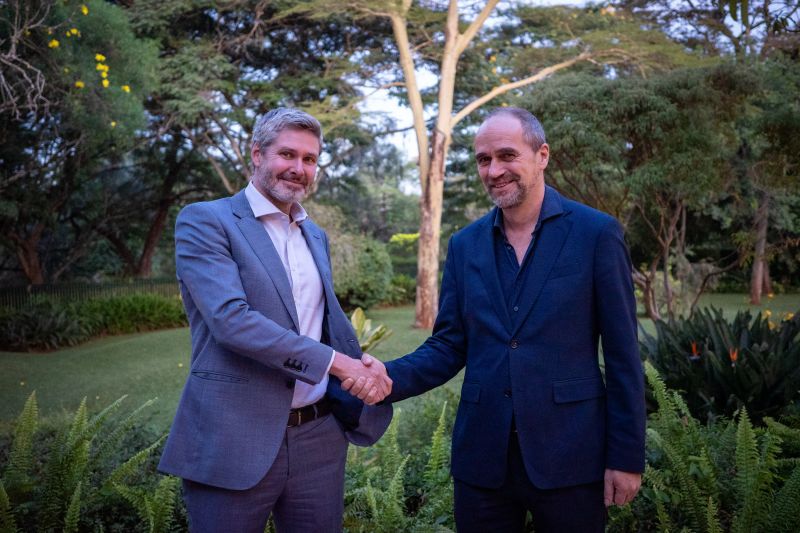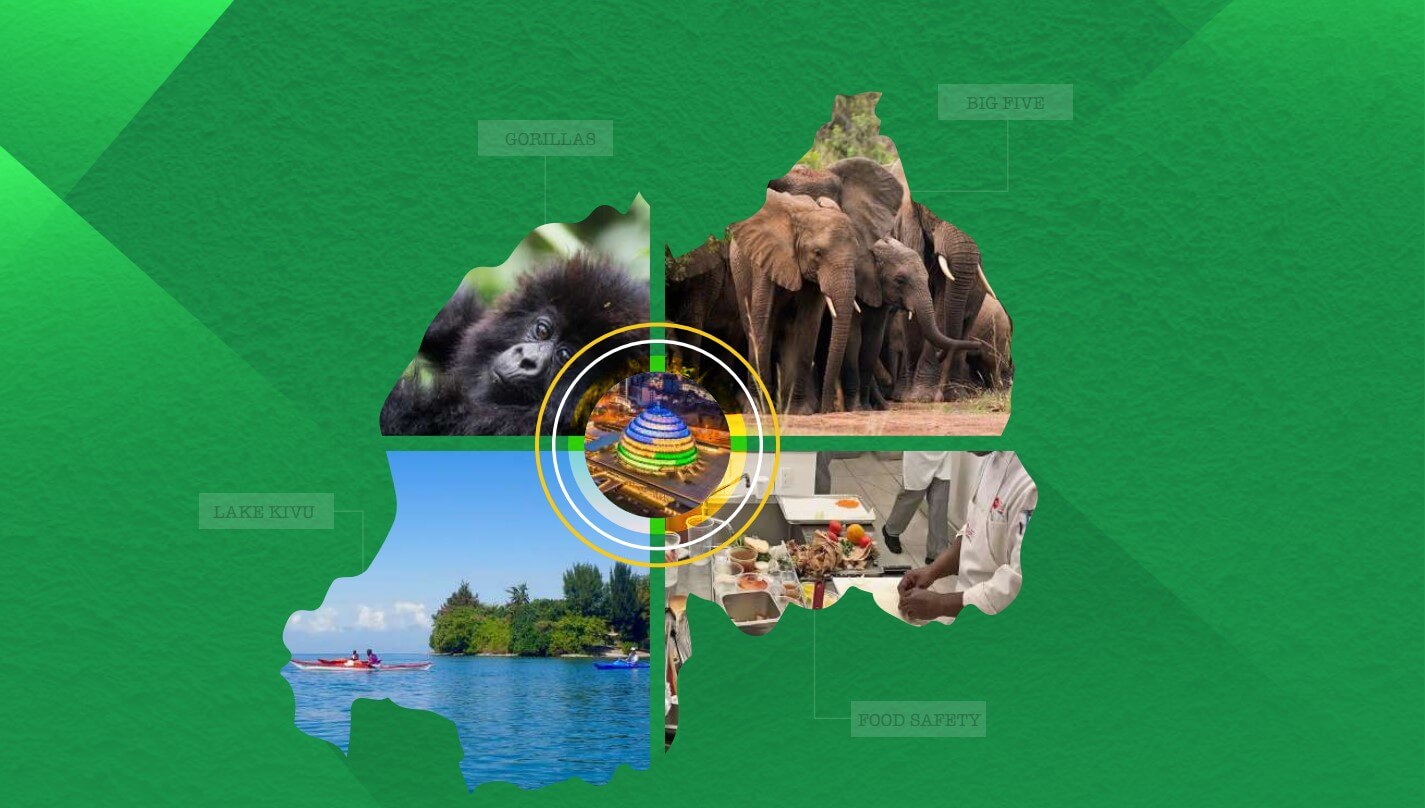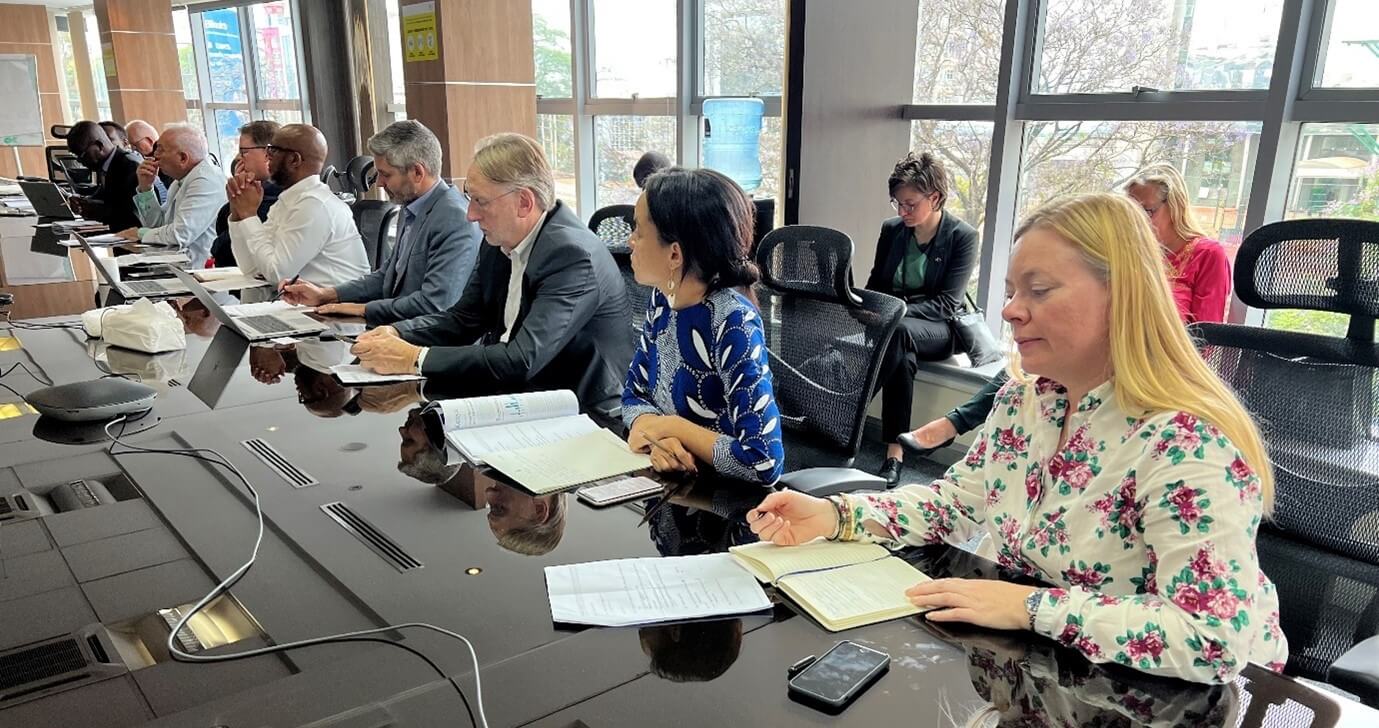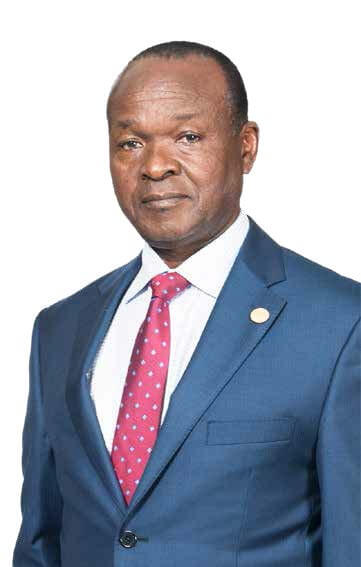A joint delegation from TradeMark Africa (TMA), Mastercard Foundation, and the International Trade Centre (ITC) recently visited a young woman-led horticultural export business in Rwamagana, Rwanda. This visit underscored their collective commitment to helping Rwandan youth and women-led horticultural enterprises achieve significant success in export markets. The delegation gained valuable insights into ongoing interventions and their emerging impact, all designed to enhance value addition, improve market access, and create meaningful employment opportunities for young people, particularly young women, within Rwanda's expanding horticultural sector. The host for this visit was RAI Green Stalks Ltd, an enterprise participating in the Value-added Initiative to Boost Employment (VIBE). VIBE is a collaborative effort between TMA and ITC, in partnership with Mastercard Foundation. RAI Green Stalks Ltd is a key exporter of fresh produce, including chillies, avocados, French beans, plantains, and passion fruits, to international destinations like the United Kingdom, the European Union, and the United Arab Emirates. Allen Umulisa, founder and CEO of RAI Green Stalks Ltd, noted that the increasing demand for her company's products has outpaced its internal production capacity. To address this, the enterprise collaborates with youth-owned cooperatives and aggregates supply, enabling it to meet larger export volumes while upholding the stringent quality standards demanded by international buyers. This approach of sourcing products from local cooperatives and smallholder farmers, many of whom are women and young people, generates economic opportunities for these individuals, thereby fostering a positive ripple effect on their livelihoods. The delegation also toured several of the enterprise's operational...
Youth-led horticultural enterprise showcases growing participation in Rwanda’s export-oriented agribusiness industry
Posted on: May 26, 2025
Posted on: May 26, 2025

